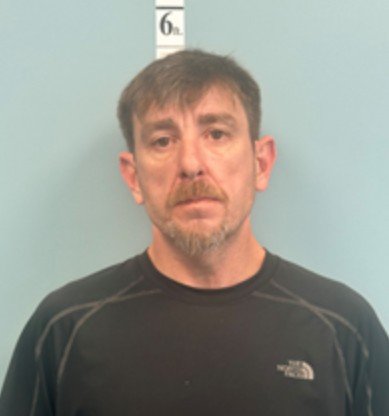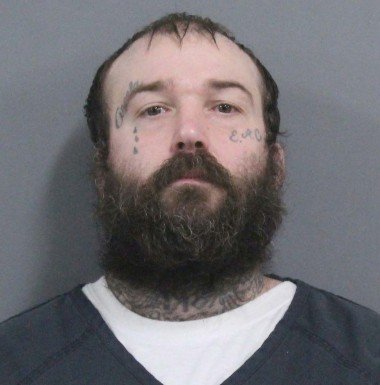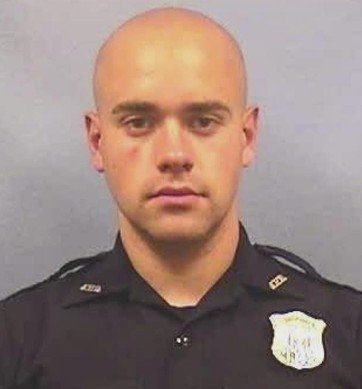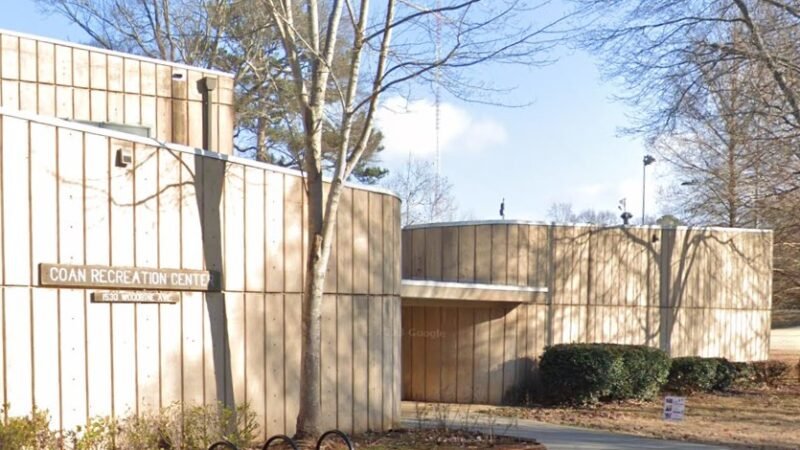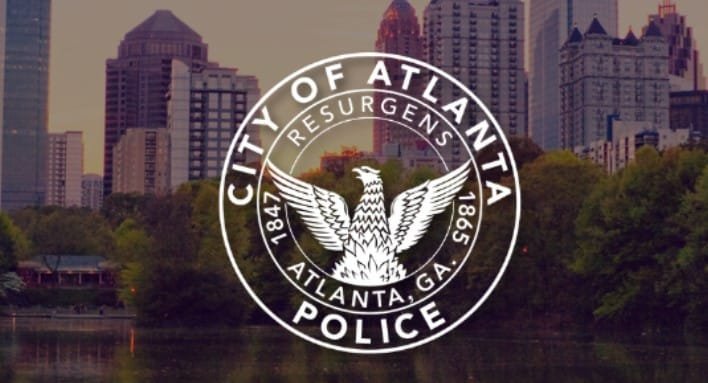Atlanta Man Sentenced for COVID Relief Fraud
An Atlanta man has been sentenced to eight months in prison and ordered to repay over $41,000 after providing fake documents to receive pandemic relief funds meant for struggling small businesses.
Kemar Clarke Jr., 28, received the sentence and restitution order from U.S. District Court Judge R. Stan Baker, announced Jill E. Steinberg, U.S. Attorney for the Southern District of Georgia. Clarke must also serve three years of supervised release following his prison term.
“When Congress approved relief funding for small businesses struggling during the COVID-19 pandemic, far too many people saw it as an opportunity to cash in at the expense of deserving business owners,” said U.S. Attorney Steinberg. “We are committed to holding accountable those who defraud American taxpayers.”
Under the Coronavirus Aid, Relief, and Economic Security (CARES) Act, the Small Business Administration provided loans to support small businesses during the financial challenges of the pandemic, including forgivable loans through the Paycheck Protection Program (PPP).
According to court documents and testimony, agents from the Department of the Army Criminal Investigative Division discovered that a paralegal specialist in the U.S. Army obtained a PPP loan for a fictitious barber shop. The investigation revealed that after receiving $20,832 in PPP funding, the soldier paid an $8,000 kickback to Clarke for submitting the application.
Further investigation found that Clarke himself fraudulently obtained PPP funding for $20,832, the maximum amount available to a sole proprietor. The total restitution amount includes both PPP payouts.
“Unscrupulous actors engaged in PPP fraud have pilfered taxpayer dollars and undermined public trust in government programs,” said Steven Ausfeldt, Special Agent in Charge of the Department of the Army Criminal Investigation Division’s Southeast Field Office. “We will continue to aggressively pursue fraudsters who try to defraud the U.S. Army and hold them accountable for exploiting government programs for their own profit.”
The case was investigated by the Department of the Army Criminal Investigative Division and prosecuted by Assistant U.S. Attorneys Matthew A. Josephson and David H. Estes.


